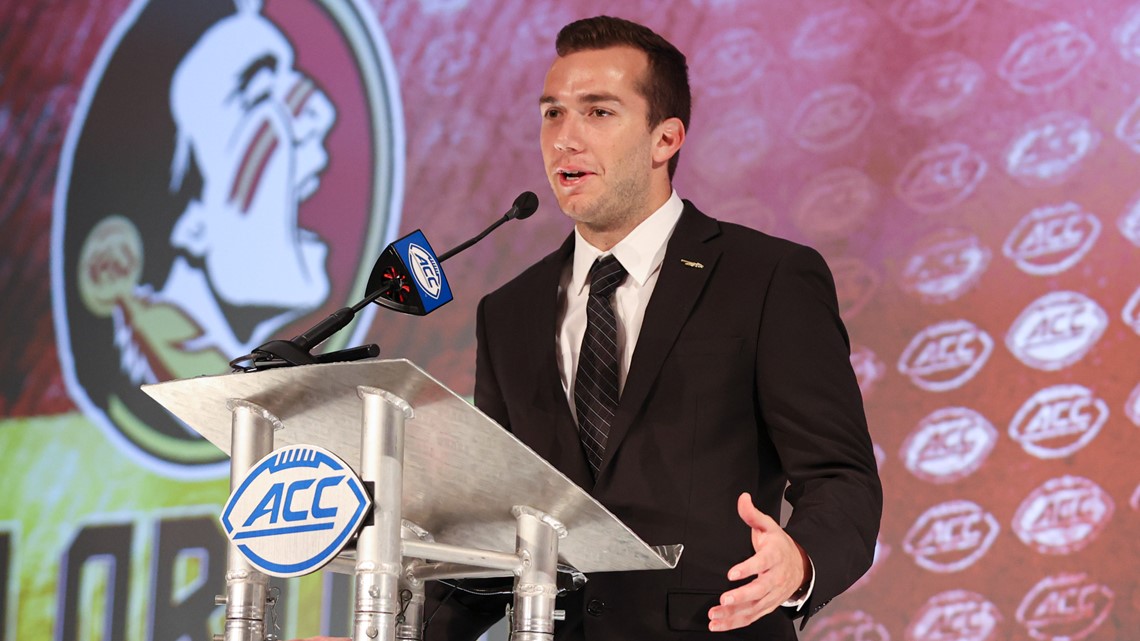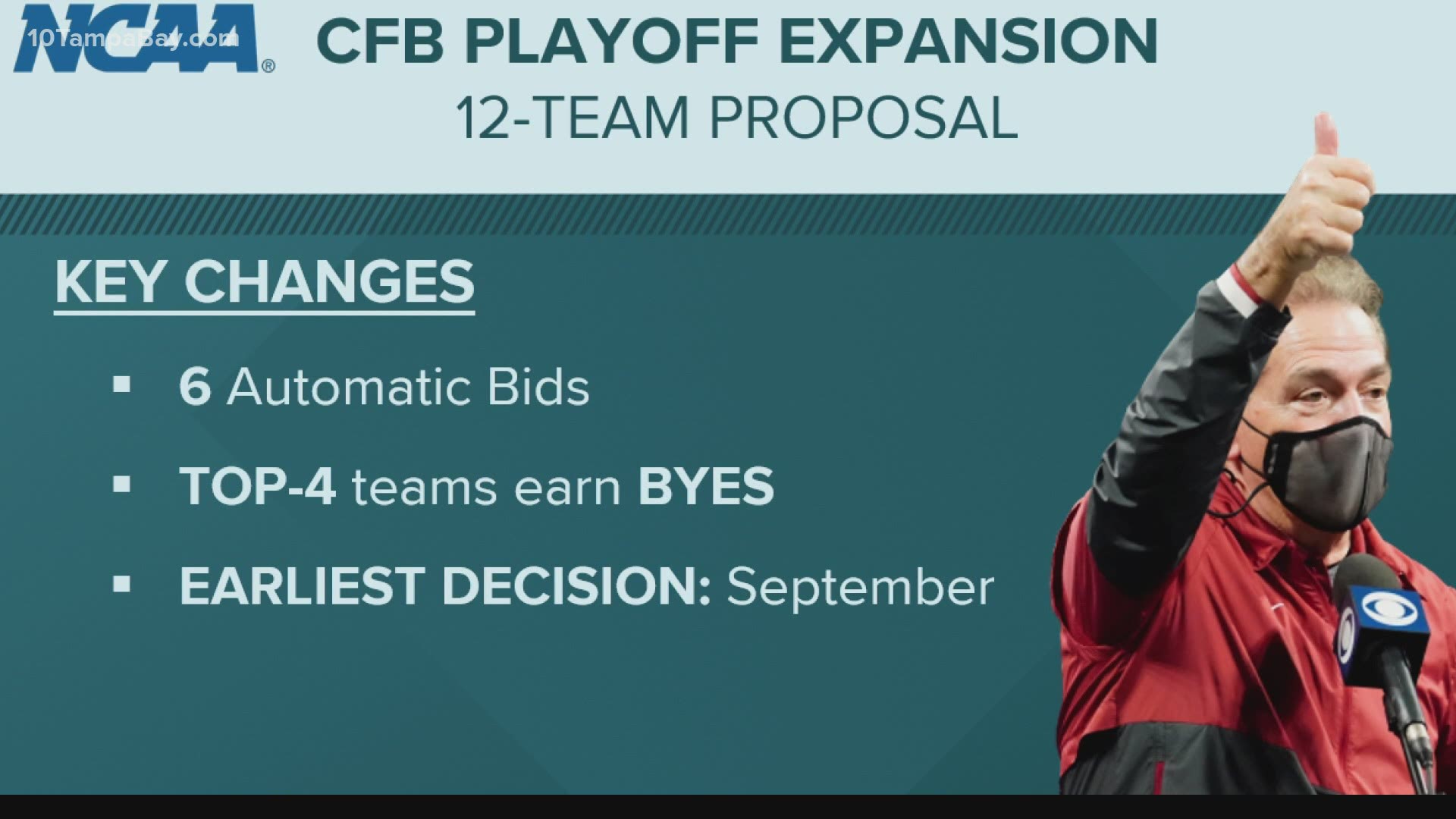That college education is starting to pay off in more ways than one for college athletes across the country. With the NCAA adopting policies that would allow athletes to profit off their names, image and likeness, the flood gates have been opened for millions of student-athletes to earn some extra money.
The news was met with resounding joy from both players and fans alike, with many feeling it was about time students were able to profit off their play.
In order for a student-athlete to receive any money, the NCAA's new policies say they simply have to follow whatever rules their schools have in place. It's that simple.
So with such a low barrier of entry to make money, many analysts believe it won't just be the players cashing in on the new rule. This new era for players may also be one for recruitment.
In the winter of 2020, McKenzie Milton was looking for a change of scenery. The former University of Central Florida quarterback was hoping to start fresh with a new football program after accepting his starting job would go to his good friend Dillon Gabriel.
After entering the transfer pool, Milton settled on a little-known school just a few hours from Orlando - Florida State University. On top of many things, Milton said that the chance for him to make money while playing in Florida did factor into his decision.
Back in the summer of 2020, Gov. Ron DeSantis signed a bill that would allow athletes in the state's college system to make money off their name, image and likeness beginning July 1 of the following year.
"Knowing that [the law] would fall on my last year of possibly playing college football...it definitely played a role in me staying in Florida," Milton said.


As soon as the clock struck midnight on July 1, Milton and fellow Florida college quarterback D'Eriq King, from the University of Miami, placed themselves at the forefront of the NIL era by announcing a business venture that would allow them to make money off their images.
The two signed as co-founders of a company that books student-athletes for live events. The platform Dreamfield signs college athletes up for meet-and-greets and speaking events. The company is even dipping its hands in the NFT market with college athletes available on digital cards.
The day prior though, the NCAA passed its new policies. That evened the playing field for colleges whose states didn't have NIL rules on the books - they theoretically wouldn't lose recruits to states who did.
However, as Brandon Olsen of Locked On Gators says, money makes things complicated. Schools have always relied on coaching and legacy to reel in students who wanted to play for the best programs.
Now, with just about anyone being able to open their wallets and sponsor an athlete, Olsen says you may start seeing universities with large booster bases leverage their wealth to bring new recruits in.
"This is where [the NIL era] gets really fun," Olsen said. "You can look at the University of Miami. They are partnering with American Top Team, which is a mixed martial arts gym, and each scholarship player is getting $5,000 per year to wear American Top Team gear, and that's because one of the founders of American Top Team went to Miami."
Also, Olsen says the way athletes are allowed to make money within the state they play in may factor heavily as well.
"I have a feeling that eventually, we're going to see kids go to schools that are in states like Florida as opposed to California or Texas, because they're going to be like, 'state income tax.'"
Josh Newberg, a writer with 247 Sports, says the NIL rule may just widen the gap between the haves and the have nots.
"The schools that are already recruiting at a really high level are gonna do really well with this NIL stuff. Other schools are going to have to work harder," Newberg said. "There is some concern amongst college coaches that the gap can widen during all this."
That doesn't mean smaller programs won't go without a fight. In anticipation of the upcoming Florida NIL law, the University of South Florida began promoting BOOST – a program designed to provide Bulls athletes the tools to build their own brand.
The university says all 450 of its athletes will be able to learn financial literacy and have access to data that shows their brand growth online. The program utilizes software created by INFLCR, a platform that provides analytics on social media metrics for student-athletes.
In a news release announcing the program, USF even boasted about the large television market it is located in.
Still, from a player's perspective, Milton thinks the new rule will make recruitment easier for all parties involved.
"In my opinion, it just levels the playing field for every college...I'm not naive to think there wasn't things going on in the past - players being compensated prior to NIL - this just makes it legal and clean for everybody," Milton said.
There's no telling how the NIL rule will impact college sports just yet. But one thing is for certain, the competition won't just be on the field.

